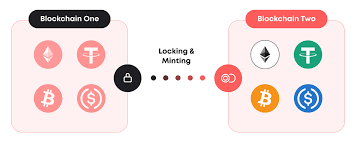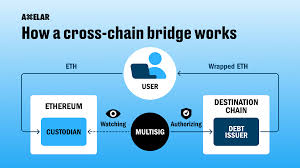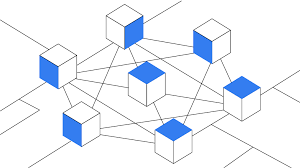Fast and secure bridging
bridge any token directly on the Growsafe platform.
Bridging in crypto refers to the process of transferring assets between different blockchain networks. It aims to enhance interoperability, allowing for data and asset transfers across various networks.

Token Bridging
Key Features
- Cross-Chain - Move assets from one blockchain (e.g., Ethereum) to another (e.g., BNB Chain, Polygon, Base).
- Secure - Tokens are locked on the source chain and minted or released on the destination chain.
- Interoperability - Bridges enable liquidity and movement across different blockchain ecosystems.
- Trust Models - Some bridges are fully decentralized, others rely on validators or multi-sig custodians.
How It Works
- 1Connect your wallet to a bridge protocol
- 2Select the source chain and token you want to bridge.
- 3Choose the destination chain (e.g., Ethereum → Polygon).
- 4The bridge locks your tokens on the source chain.
- 5Equivalent tokens are minted or released on the destination chain.
- 6Your tokens arrive on the new chain and can be used instantly.
Bridging vs. Swapping
Bridging
Moving tokens across chains — useful when apps or liquidity exist on different blockchains.
Analogy: Like transferring money between two different banks so you can spend it where you need.
Swapping
Exchanging one token for another on the same chain using a DEX.
Analogy: Like going to a currency exchange booth to swap dollars for euros without leaving your bank.
Cross-Chain Transfers

Seamlessly move your tokens across blockchains like Ethereum, BNB Chain, Polygon, and more.
Lower Transfer Costs

Our bridge optimizes routes to minimize gas and bridge fees, saving you more on every transfer.
Fast & Reliable

Transfers are completed in seconds, ensuring your assets are ready to use on the new chain quickly.
Secure Bridging

Assets are locked on the source chain and released on the destination chain, protected by audited smart contracts.